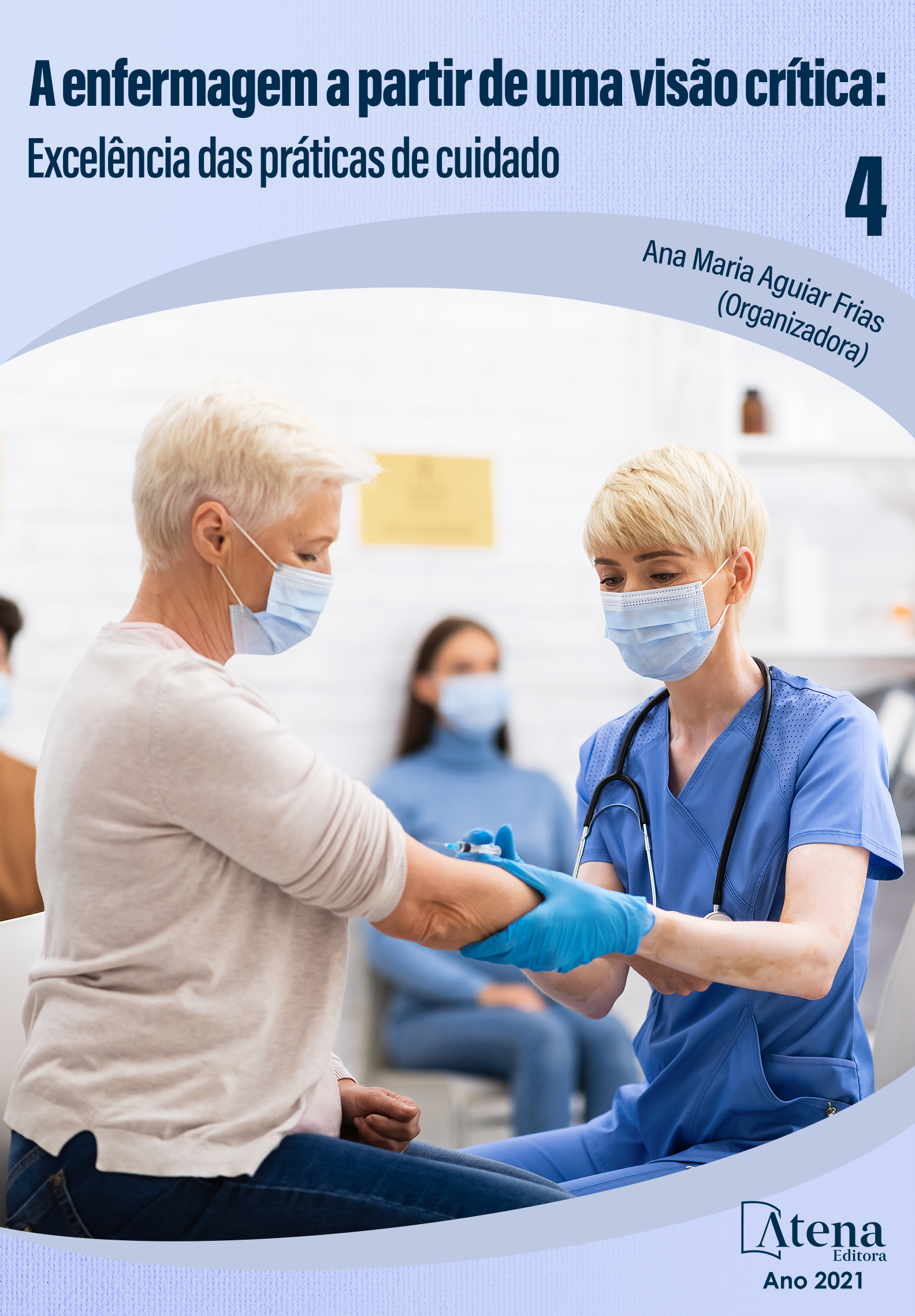
ESTRATÉGIA EDUCATIVA NO ENFRENTAMENTO AO ABUSO DE ÁLCOOL E DROGAS NA ADOLESCÊNCIA
Introdução: A adolescência é a fase de descoberta e afirmação da sua identidade de gênero e outras funções como erotismo, prazer, intimidade e reprodução, concomitantes a alterações biológicas, psicológicas e sociais (SILVEIRA et al. 2014). Durante esta etapa, ficam expostos a riscos, como a experimentação de álcool e drogas ilícitas. Este relato apresenta resultados de um projeto de extensão sobre educação em saúde para adolescentes. Objetivo: Proporcionar espaço seguro para desenvolver debates sobre uso e abuso de álcool e outras drogas entre os adolescentes. Metodologia: As ações foram desenvolvidas semanalmente em uma escola municipal e uma Estratégia de Saúde da Família (ESF), tendo como público-alvo adolescentes entre 12 e 19 anos. Foi introduzido o tema, conceitos e embasamento teórico e realizado discussão que estimulasse o desenvolvimento do tema. As intervenções seguiram uma metodologia ativa e realizadas avaliações escritas e do relato dos estudantes. Resultados e discussão: Foi possível prover aos adolescentes um local seguro e livre de julgamentos para a discussão e busca pelo conhecimento e assim, oportunizá-los a partilhar seus conhecimentos, dúvidas e vivências. As contribuições dos relatos e dúvidas enriqueceram grandemente a proposta de debate e a partir do conhecimento e das informações partilhadas, o processo de tomada de decisão ao longo da vida tende a se tornar mais responsável. Roda de conversa foi a metodologia mais aceita por adolescentes sendo que os mais novos ficaram mais a vontade com as aulas expositivas. Os exercícios e os temas trabalhados estimularam questionamentos, permitindo que se evidenciem os possíveis determinantes a imporem limites reais à autonomia pessoal. Considerações finais: A partir das discussões, os adolescentes foram capazes de ampliar seus recursos de autoproteção. O ambiente e as dinâmicas, bem como as avaliações propostas mostraram que os alunos conseguiram desenvolver o pensamento crítico e reflexão sobre a temática apresentada.
ESTRATÉGIA EDUCATIVA NO ENFRENTAMENTO AO ABUSO DE ÁLCOOL E DROGAS NA ADOLESCÊNCIA
-
DOI: 10.22533/at.ed.58721160916
-
Palavras-chave: Educação em saúde. Adolescência. Abuso de Drogas. Enfermagem.
-
Keywords: Health education. Adolescence. Drug abuse. Nursing.
-
Abstract:
Introduction: Adolescence is the phase of discovery and affirmation of their gender identity and other functions such as eroticism, pleasure, intimacy and reproduction, concomitant with biological, psychological and social changes (SILVEIRA et al. 2014). During this stage they are exposed to risks, such as experimentation with alcohol and illicit drugs. This report presents results from an extension project on health education for teenagers. Aim: To provide a safe space to develop discussions about the use and abuse of alcohol and other drugs among adolescents. Methodology: The actions were developed weekly in a city school and a Family Health Strategy (FHS), having as target audience teenagers between 12 and 19 years old. The theme, concepts, and theoretical basis were introduced and discussions were held to stimulate the development of the theme. The interventions followed an active methodology, written evaluations and students' reports. Results and discussion: It was possible to enable teenagers to share their knowledge, doubts and experiences in a safe and non-judgmental place for discussion and search for knowledge. The report's contributions and doubts greatly enriched the debate proposal and through the knowledge and information shared, the decision-making process in life tends to become more responsible. The round table discussion was the most accepted methodology by the adolescents and the younger ones were more comfortable with the expositive classes. The exercises and the themes stimulated questioning, allowing the possible determinants that impose real limits on personal autonomy to become evident. Final considerations: Based on the discussions, the teenagers were able to expand their self-protection resources. The environment and the dynamics, as well as the proposed evaluations demonstrated that the students were able to develop critical thinking and reflection on the presented theme.
-
Número de páginas: 11
- Jair Rosa dos Santos
- Cássia Barbosa Reis
- Maria Clara da Silva Nero


